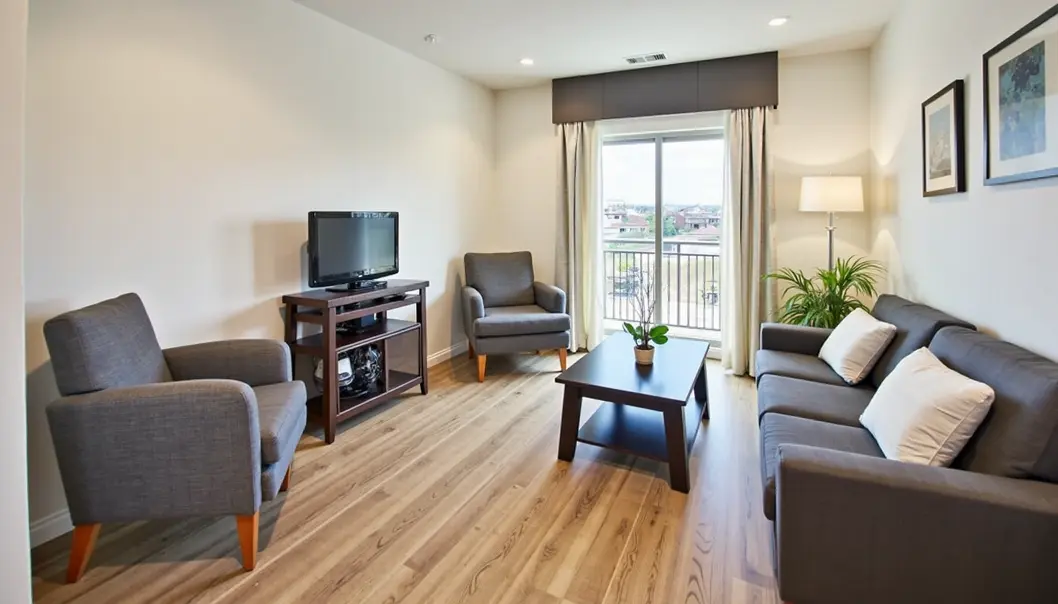As retirees embrace new opportunities for personal and financial fulfillment, renting out space on Airbnb can be an appealing venture. This guide offers crucial insights aimed specifically at retirees looking to leverage their property in the booming short-term rental market. From preparation to understanding hosting logistics and recognizing the potential risks, this comprehensive resource highlights essential steps to ensure a successful hosting experience. Retirees can benefit not only from extra income but also from meeting new people and expanding their social networks. The following chapter delves into the logistics and risks associated with hosting on Airbnb, providing the knowledge needed to navigate this rewarding yet complex landscape securely.
Mastering Your Airbnb: Navigating Hosting Logistics and Understanding Risks
Renting out your space on Airbnb can be an exciting venture, offering the allure of extra income while sharing your home with travelers. Yet, as any seasoned host will tell you, the process involves much more than simply listing your property. To ensure a successful hosting experience, one must master the nuances of logistics and be acutely aware of the potential risks involved.
Preparing Your Space
A successful rental starts with an inviting and well-prepared space. Essential amenities are a must; guests expect more than just a roof over their heads. It’s prudent to stock your rental with kitchen essentials such as pots, pans, utensils, and a coffee maker for that comforting caffeine fix. Guests will appreciate clean linens, ample towels, and bathroom necessities, including toilet paper and travel-sized toiletries. It’s these small touches that can make a significant difference in guest experience.
Equally important is the functionality of key systems in your property. Ensure that heating, air conditioning, and WiFi are in good working order, as these are often considered must-have amenities. Additionally, installing smart locks can enhance the security of your rental while making the check-in and check-out process seamless for guests. Guests prefer convenience, and smart technology can provide that with the touch of a button.
Once your space is prepared to meet guest expectations, it’s time to craft a compelling listing.
Creating Your Airbnb Listing
Navigating the Airbnb platform starts with creating an account. Once that is set up, click on “List your space” and provide essential details. Specify the type of property you are renting, whether it’s an entire home, a private room, or a unique space. Describe your rental with precision and flair; highlight local attractions and what makes your space special. It’s beneficial to visualize your ideal guest—are they families looking for a kid-friendly place, couples seeking a romantic getaway, or solo travelers in search of adventure? Tailoring your description can attract the right audience.
Don’t forget to list the amenities that will make your space appealing. Self-check-in features, parking availability, high-speed WiFi, and kitchen facilities can all set your listing apart. Be upfront about your cancellation policies to build trust with potential guests and allow them to make informed decisions.
Hosting Logistics
Understanding the logistics of hosting on Airbnb is crucial for maintaining a positive experience. Airbnb charges a commission on bookings, but in exchange, it provides a user-friendly platform with extensive support. Managing availability and pricing can be efficiently done through the Airbnb app, allowing you to keep an eye on potential earnings and schedule adjustments.
Effective communication with guests is paramount. Providing clear instructions on how to use appliances or navigate your neighborhood can make a world of difference. Think of your listing as not just a rental space, but as a unique experience for your guests. Establishing local service relationships can also be beneficial; a quick handyman or cleaning service can be invaluable in keeping your property in top shape.
You may also consider various business models for scaling your Airbnb presence.
Considering Business Models and Scaling
Many hosts begin with a rental arbitrage model, where you lease a property to sublet on Airbnb. This approach requires the landlord’s permission but has lower upfront investment compared to buying property. Alternatively, co-hosting allows you to manage listings for others, creating a professional service that requires building trust and reliable relationships.
Acquiring a property for rental, while the most capital-intensive, offers complete control over the asset. It also comes with potential tax benefits that can be appealing to savvy investors. Many hosts start small through arbitrage and co-hosting, later scaling their operations by relying on automation tools for messaging, pricing adjustments, and cleaning schedules. Managing your Airbnb like a business can often lead to greater profitability.
Understanding Risks
While hosting can be rewarding, it comes with its own set of risks. Regulatory compliance is paramount, as local laws surrounding short-term rentals can change frequently. Awareness of these regulations can save you from future complications. Fluctuations in demand, often influenced by the season or market conditions, can affect your occupancy rates. Understanding these dynamics is key.
Property damage or guest mishaps can occur, but Airbnb’s host guarantee offers up to $3 million in damage protection. It’s important to familiarize yourself with the policies and what they cover to avoid unexpected costs. Additionally, cash flow management is vital during low occupancy periods; having a financial cushion can help mitigate the stress of slow months.
Solid insurance coverage is also essential. Confirm whether your homeowner’s insurance covers short-term rentals or whether you need to purchase additional liability insurance. Given the nature of sharing your space, protecting your investment is non-negotiable.
Lastly, market saturation and competition require adaptability and ongoing market research. Regularly reviewing your pricing strategy, guest services, and seasonal offerings can help maintain your competitive edge in the bustling short-term rental market.
Legal and Contractual Considerations
Before diving into hosting, familiarize yourself with the legal landscape in your area. Be aware of any tax obligations and the permits or licenses you may need to operate legally. For those considering co-hosting, ensure compliance with Airbnb’s eligibility criteria, which often include background checks. Reviewing contracts is imperative—clarifying responsibilities regarding maintenance, liability, and termination terms can prevent hidden pitfalls.
In summary, being a successful Airbnb host means more than just offering a comfortable place to stay; it involves a blend of thorough preparation, effective communication, management of logistics, and an understanding of potential risks. Navigating these various elements can lead to a rewarding and prosperous rental experience, whether you’re hosting occasionally or building a scalable Airbnb business. Establishing a robust framework for your hosting strategy can set you up for success in this growing industry, allowing you to share your space and connect with travelers from around the world.
Final thoughts
Renting out your space on platforms like Airbnb offers retirees a chance to earn extra income while meeting interesting people. Understanding the logistics and risks involved is crucial to navigate this opportunity successfully. With careful preparation and ongoing learning, you can transform your property into a valuable asset and enjoy the benefits of hosting.
Subscribe now for more valuable tips on side hustles and income generation tailored for retirees!
Learn more: https://savemawallet.com
About us
Download our free guide designed specifically for retirees interested in renting out their space on Airbnb, packed with valuable insights and practical tips.


Leave a Reply
You must be logged in to post a comment.